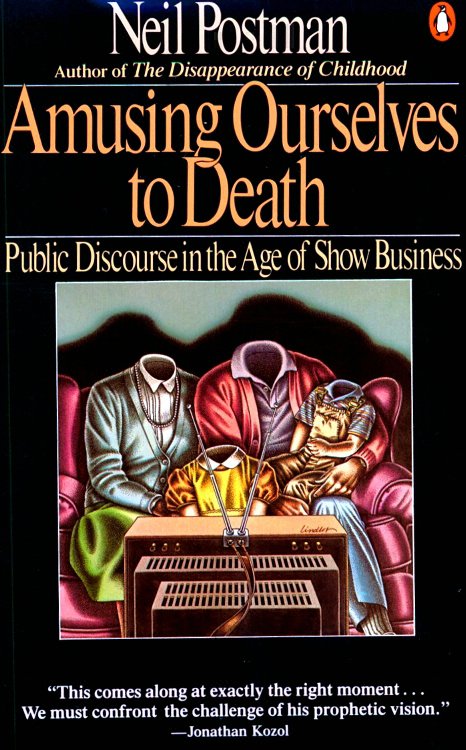Pierre Bourdieu: On Television (1996–) [French, English]
Filed under book | Tags: · journalism, mass media, politics, television

On Television exposes the invisible mechanisms of manipulation and censorship that determine what appears on the small screen. Bourdieu shows how the ratings game has transformed journalism — and hence politics — and even such seemingly removed fields as law, science, art, and philosophy. Bourdieu had long been concerned with the role of television in cultural and political life when he bypassed the political and commercial control of the television networks and addressed his country’s viewers from the television station of the College de France. On Television, which expands on that lecture, not only describes the limiting and distorting effect of television on journalism and the world of ideas, but offers the blueprint for a counterattack.
Publisher Liber-Raisons d’Agir, Paris, 1996
95 pages
English edition
Publisher New Press, 1998
Translated by Priscilla Parkhurst Ferguson
ISBN 1565844076
104 pages
Publisher (EN)
Sur la télévision; suivi de l’emprise du journalisme (French, added on 2014-8-29)
On Television (English, updated on 2014-8-29)
Neil Postman: Amusing Ourselves to Death: Public Discourse in the Age of Show Business (1985)
Filed under book | Tags: · culture, entertainment, mass media, media ecology, show business, social criticism, sociology, television

The book originated with Postman’s delivering a talk to the Frankfurt Book Fair in 1984. He was participating in a panel on Orwell’s 1984 and the contemporary world. In the introduction to his book Postman said that reality was reflected more by Aldous Huxley’s Brave New World where the public was oppressed by pleasure than Orwell’s 1984 where they were oppressed by pain.
Television has conditioned us to tolerate visually entertaining material measured out in spoonfuls of time, to the detriment of rational public discourse and reasoned public affairs. Neil Postman alerts us to the real and present dangers of this state of affairs, and offers compelling suggestions as to how to withstand the media onslaught. Before we hand over politics, education, religion, and journalism to the show business demands of the television age, we must recognize the ways in which the media shape our lives and the ways we can, in turn, shape them to serve out highest goals.
Publisher Penguin Books, 1985
ISBN 0140094385, 9780140094381
Length 184 pages
More info (wikipedia)
More info (publisher)
More info (google books)
Luc Boltanski: Distant Suffering. Morality, Media and Politics (1993/1999)
Filed under book | Tags: · aesthetics, ethics, humanitarianism, mass media, media, moral theory

“Distant Suffering examines the moral and political implications for a spectator of the distant suffering of others as presented through the media. What are the morally acceptable responses to the sight of suffering on television, for example, when the viewer cannot act directly to affect the circumstances in which the suffering takes place? Luc Boltanski argues that spectators can actively involve themselves and others by speaking about what they have seen and how they were affected by it. Developing ideas in Adam Smith’s moral theory, he examines three rhetorical ‘topics’ available for the expression of the spectator’s response to suffering: the topics of denunciation and of sentiment and the aesthetic topic. The book concludes with a discussion of a ‘crisis of pity’ in relation to modern forms of humanitarianism. A possible way out of this crisis is suggested which involves an emphasis and focus on present suffering.”
Keywords and phrases
Bernard Kouchner, Georges Bataille, Maurice Merleau-Ponty, Nietzsche, Marxism, Adam Smith, Hannah Arendt, However, Jean-Paul Sartre, Pierre Klossowski, mediatisation, Maurice Blanchot, Gilles Deleuze, Genealogy of Morality, Marquis de Sade, spectator, Pierre Favre, sentimental literature, Paris, USSR
Originally published in French as La Souffrance à Distance by Editions Métailié, 1993
Translated by Graham D. Burchell
Publisher Cambridge University Press, 1999
ISBN 0521659531, 9780521659536
246 pages
EPUB (updated on 2019-5-15)
Comments (3)
